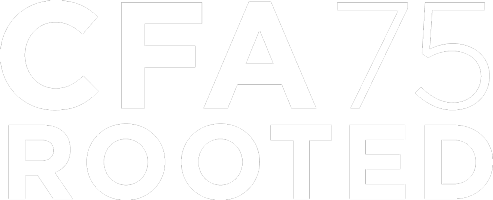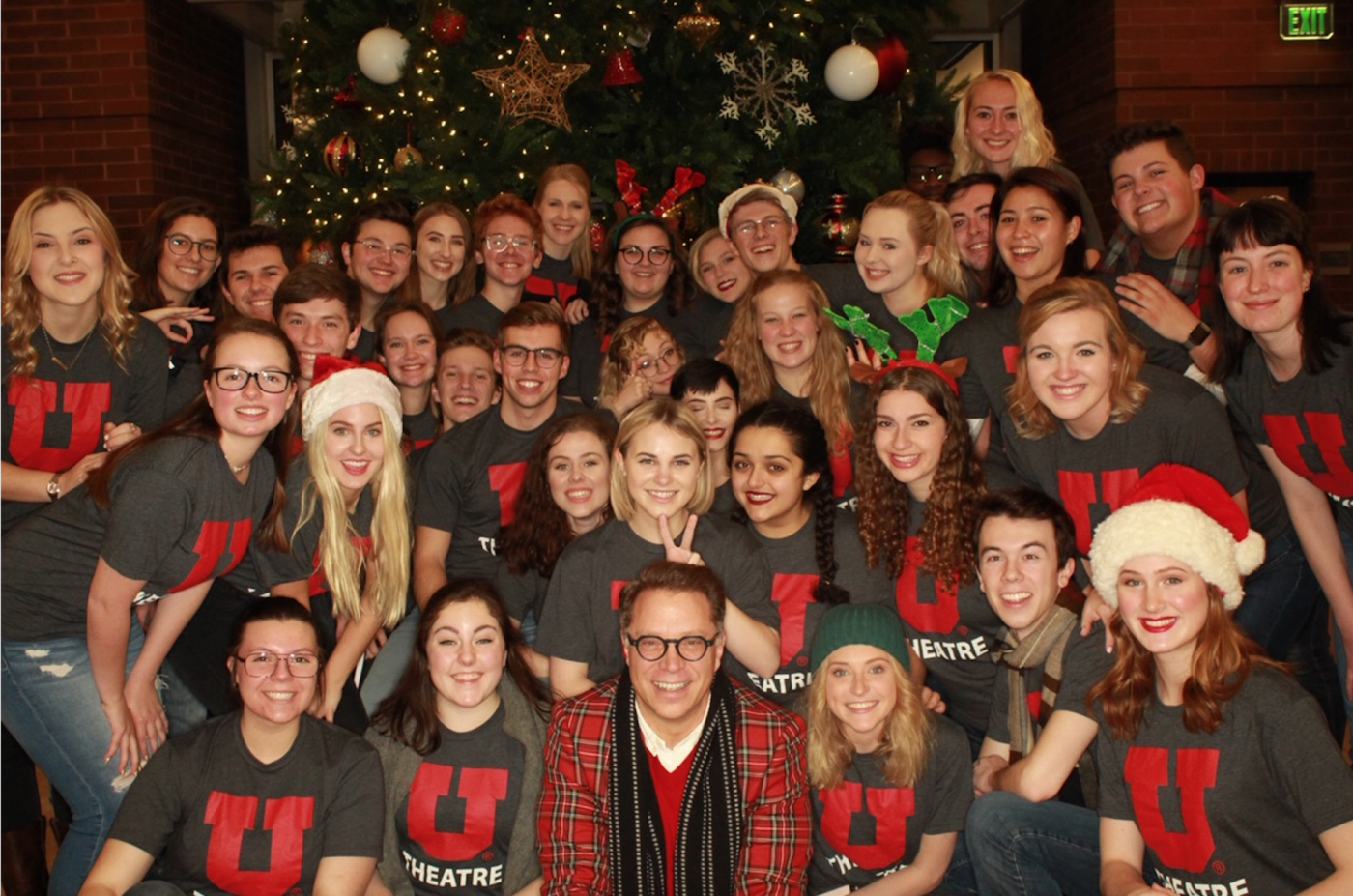MAGNIFYING is a series dedicated to showcasing the talent of our students, faculty, and staff to help you learn more about the remarkable individuals within our creative community here at the College of Fine Arts.
David Schmidt is an Associate Professor and head of the Voice Area for the Department of Theatre at the University of Utah. His classes include voice lessons, vocal pedagogy, audition technique, and music theory. Prior to his appointment as faculty member with the University of Utah, he was an Adjunct Professor of Voice for both the Musical Theatre and Classical Voice programs at Weber State University. David earned a Bachelor of Music in Vocal Performance and a Master of Music degree in Vocal Pedagogy, and has worked on his Ph.D. in Music Education from the University of Utah.
David is the co-founder and past Board President of Salt Lake City’s first high school for talented performing artists, Salt Lake High School for the Performing Arts. He is also the co-founder and Artistic Director of the Utah Light Opera Company. David has worked with the National Association of Teachers of Singing (NATS) as past State Governor, past president of his local chapter, and Program Director for the 2010 NATS National Convention. David has authored numerous articles about singing and the teaching of singing for many national magazines and websites, and is a frequent lecturer for music conventions and symposiums.
What do you consider the biggest career risk you’ve taken?
I was a buyer for Nordstrom in San Francisco. I left that job, and my wife left her job as a flight attendant for Southwest Airlines, and we both came back to Utah to finish our graduate degrees in music.
We had four little kids at the time. It was pretty risky, but we knew we were following our passion getting back into what we loved.
How did you come to start the Salt Lake High School for the Performing Arts?
I had always been in dance and singing growing up in Buffalo NY, and I always wanted to go to the “Fame” school in New York City, but my family didn’t have the funds to get me there. When I became an adult I thought, “let’s start a Fame school so other kids could have the opportunity.” So in 2006, my wife and I started the Salt Lake School for the Performing Arts with the Salt Lake School district. It’s still going strong and we have students who come from that school into our Musical Theatre Program at the U.
The district approached us once they found out we were doing it -- we had just submitted the paperwork for the Charter School. They said they wanted to be known as an arts district. They offered us space and a building, and said if we put the school into their district they would help us. The challenges were really in recruiting students for the school and the paperwork required for the charter. You are starting an entire high school -- it was pretty epic.
Because we were a charter, we didn’t have to be so strict about teaching certificates, which allowed us to hire professionals in the performing arts. Some teachers were people we knew, and we also put out postings for various positions. Each year they have about 200 students. And one of the coolest things is that one of the first students we recruited is now the principal of the school! He was in the first ever summer production we put on at Salt Lake School for the Performing Arts.
What brings you the most joy as a teacher?
The tiny things that bring joy daily are when you are teaching a difficult concept in class and you see the light go off in a student’s eyes and you know they got it. That is why we do what we do, we want to pass on what we know to others. And when I’ve worked with a voice student and on a concept for months or years, and after hard work on their part and me trying to find different ways to access them, they get it and it increases their skill level exponentially -- that brings me a lot of joy.
The biggest moment is when students that have worked so hard and have the drive actually go out and book jobs in this business. Those are the moments when it is all worth it.
What daily rituals are important to your practice?
I had a vocal injury about 5 years ago and it actually took my singing voice. It was absolutely devastating to be a singer and lose your voice. Before I start teaching now I do some very small straw warm ups, some little things to keep the voice as flexible as it can be. I do use my voice daily and I warm up for that -- but it’s not like it used to be. The great thing is that now I can pass on my love of singing to others. I’ve channeled my energy into that. In weekly lessons, we have students record their warm up which is the technique part of the lesson. We encourage them to do that daily. Now in online learning, we’ve been having lessons on Zoom and they’re doing all the things they know to do to keep their voices in shape.
What might you tell your younger self?
My younger self is a lot like my current self -- driven and passionate, and a little too anxious. I think I would tell my younger self to calm down a little bit, and let the pieces fall where they may. Really, the reason why we are where we are is because we pushed, because we were hard working. So,I wouldn’t want my younger self to calm down that much, but just enough.


